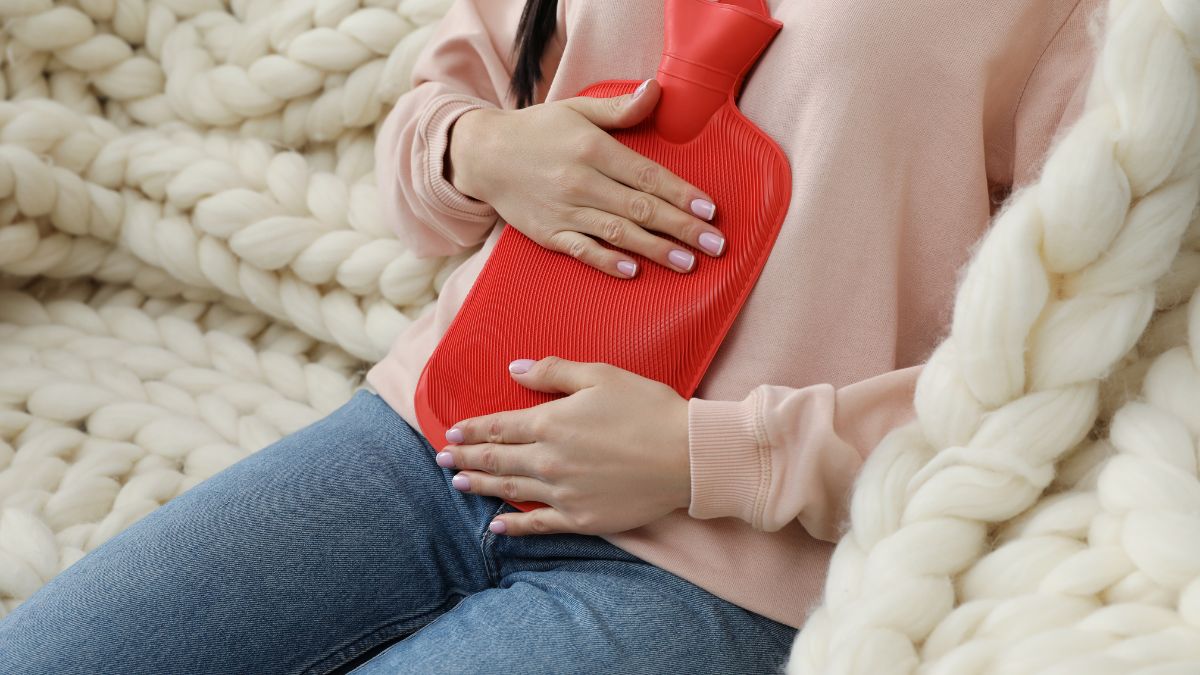
Heating pads and hot water bottles are often our go-to comfort items during chilly weather. They soothe aches, pains, and muscle tension, providing much-needed relief. However, there's a common misconception that their use can lead to dehydration. Let's delve into this and explore other potential health risks associated with these warming companions.
Table of Content:-
Dehydration Myth Debunked
The idea that heating pads or hot water bottles can cause dehydration is largely unfounded. While it's true that heat can increase perspiration and fluid loss, the amount of moisture released through your skin while using these items is minimal. Unless you're experiencing excessive sweating due to other factors, such as fever or intense physical activity, your body's fluid balance is unlikely to be significantly impacted.
It's essential to stay hydrated regardless of whether you use heating pads or hot water bottles. Drinking plenty of water throughout the day is crucial for overall health, especially during colder months when indoor air can be dry.

Potential Health Risks
While dehydration isn't a primary concern, there are other potential health risks associated with the misuse of heating pads and hot water bottles:
- Burns: This is the most common risk. Overfilling a hot water bottle or using excessively hot water can lead to severe burns. Always follow the manufacturer's instructions and test the water temperature before applying it to your skin.
- Skin Irritation: Prolonged exposure to heat can irritate the skin, leading to redness, itching, or even blisters. It's essential to avoid direct contact with the skin and use a cloth barrier between the heat source and your body.
- Erythema Ab Igne: This is a rare skin condition caused by repeated exposure to low-level heat, such as from heating pads or fireplaces. It appears as a reddish-brown discoloration of the skin. If you notice any unusual skin changes, consult a healthcare professional.
- Increased Risk for Blood Clots: In some individuals, prolonged heat exposure can increase the risk of blood clots. If you have a history of blood clots or other circulatory issues, consult your doctor before using heating pads or hot water bottles.
- Fire Hazard: Faulty heating pads or overheating hot water bottles can pose a fire risk. Always inspect your items for signs of wear and tear and follow safety guidelines.
Also Read: 5 Potential Side-Effects Of Using Electric Heating Pads And Blankets In Winter

Safe Usage Tips
To minimise risks and maximise benefits, follow these safety tips:
- Choose the right product: Opt for heating pads with automatic shut-off features and hot water bottles made from high-quality materials.
- Check water temperature: Always test the water temperature before filling a hot water bottle. It should be comfortably warm, not hot.
- Use a barrier: Place a cloth between the heat source and your skin to prevent direct contact.
- Limit usage time: Avoid using heating pads or hot water bottles for extended periods.
- Stay hydrated: Drink plenty of water throughout the day, regardless of whether you use these items.
Also Read: Experts Share How Teenagers Can Deal With Menstrual Cramps And Period Pain
By following these precautions, you can safely enjoy the benefits of heating pads and hot water bottles while taking care of your health and safety.
Also watch this video
How we keep this article up to date:
We work with experts and keep a close eye on the latest in health and wellness. Whenever there is a new research or helpful information, we update our articles with accurate and useful advice.
Current Version